The voice in your head
We humans have 70,000-90,000 thoughts a day. Just registering that can be hard to wrap your head around. Thoughts ping into our consciousness at an incredibly rapid speed all day, every day. This is fine. This is human. But if we want to change our actions and our mindset, we have to change our thoughts. We have to decide to latch onto and choose healthy thoughts that propel us in the direction we want to go. We must release the thoughts that don’t serve us. This choice is the profound difference between living the way we always have and growing into our true selves.
If every morning the thought, “ugh I don’t want to get out of bed” is our first thought of the day, we are starting from a place of dread and resistance. If upon having that thought we tell ourselves, “nope, I’m going to have a different thought. Instead I’m going to think, wow the sun is coming up and I’m still here for another crack at this life I’ve been given,” we are choosing to enter the day from a different place. From a place closer to appreciation and wonder.
Start by noticing your thoughts. If a few times a day, you can stop and say to yourself, “I don’t think this thought serves me,” or “nope, not going to take on that thought,” we can start to change our thoughts and eventually our beliefs and actions.
As I learned from the wonderful Eckhart Tolle, we are not our thoughts.
Also, our thoughts determine our beliefs, which determine our actions.
It’s the difference between an “I can” and an “I have to” attitude.
Here’s an example of a fictional (but relatable) mom. The first scenario showcases living life through a lens of not discerning her thoughts. The second is when she lives positively. Emily is the same. Her perspective is the difference.
Non-Discerning Thoughts
Scenario: Emily is a working mother with a hectic schedule. She often thinks, "I'm not doing enough for my family. I’m not living up to my potential at work. I'm failing at everything."
Thoughts: Emily's persistent thoughts about not meeting expectations or failing lead to a belief that she's not a good enough mother or partner. These thoughts might make her feel inadequate or overwhelmed.
Belief: Emily's belief that she's falling short influences her actions. She is constantly stressed about not being present enough for her children or partner, feels guilty when dedicating time to work, and struggles with feelings of inadequacy.
Actions: Emily might overcommit herself, trying to do more than she can. She might struggle to delegate tasks or ask for help, leading to exhaustion and potential burnout. Her constant worry about not doing enough might impact her ability to enjoy moments with her family.
In this scenario, Emily's thoughts about her capabilities as a mother and partner shape her belief that she's not meeting expectations, which influences her actions and potentially affects her overall well-being and relationships.
Positive Thoughts
Scenario: This same Emily is a dedicated working mother who strives to find a balance between her career and family. She often thinks, "I'm doing my best to support my family and pursue my career goals."
Thoughts: Emily's positive thoughts about doing her best create a belief that she's capable and committed to both her career and her family. These thoughts empower her and bring a sense of fulfillment.
Belief: Emily's belief in her capabilities influences her actions. She manages her time efficiently, sets realistic goals, and seeks support when needed. Her belief in herself allows her to approach challenges with a can-do attitude.
Actions: Emily's positive belief motivates her to prioritize effectively, delegate tasks when necessary, and enjoy quality time with her family. She feels fulfilled in her career and is present and engaged with her loved ones, fostering strong relationships.
In this positive scenario, Emily's thoughts about doing her best and her belief in her capabilities positively shape her actions, enabling her to navigate her responsibilities effectively and find joy in both her career and family life.
Which version of Emily do you relate to? Which thoughts do you choose? What are your underlying beliefs? Think and journal about this using a scenario in your life.
Knowing intellectually that choosing your thoughts can change your beliefs and actions isn’t usually enough to make lasting change. That’s because these beliefs are often in our unconscious mind. We need to reprogram the parts of ourselves that hold these beliefs. Our present day, conscious adult self needs to come online and take charge. As a coach, this is what I help my clients do. This is quick work! But you may need guidance. If you resonate and have made it this far, consider booking a consultation so we can talk about what thoughts and beliefs might be holding you back from taking the actions you want to in your life.
Rebecca Fellenbaum is a certified life coach, intuitive guide, blogger (yep, you’re reading it right now), and entrepreneur. She helps women who have “made it” on the outside feel great about themselves on the inside so they can find joy in their lives, kids, and families. Get her free guide: Slowing Down: 9 Steps to Live With Intention to start meaning it when you say you’re doing fine.

